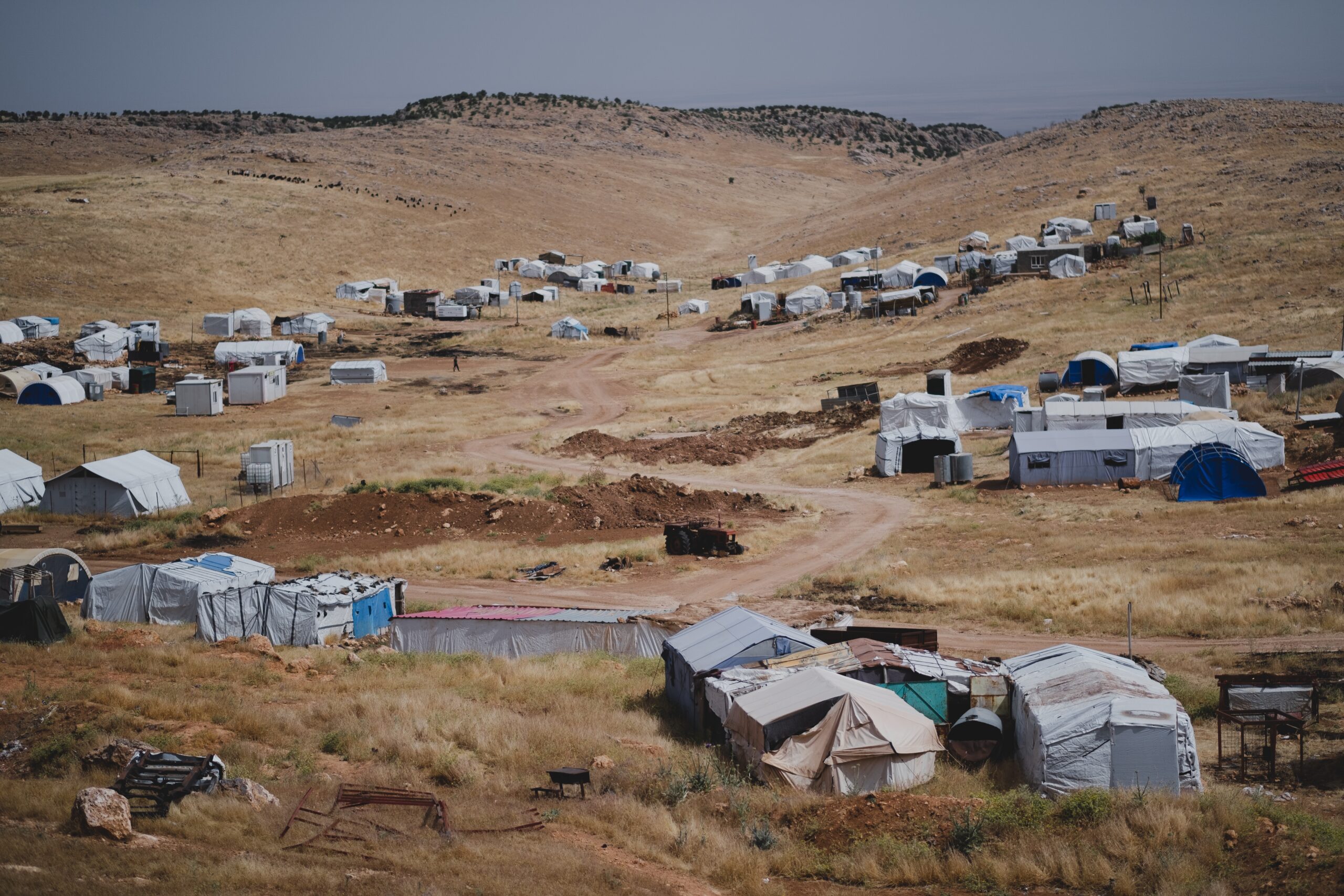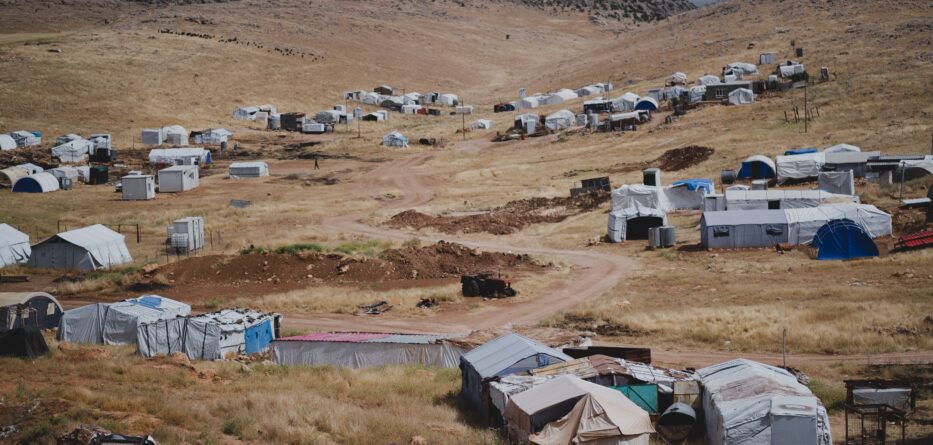

Credit: Unsplash
Deportation Deadline Sparks Humanitarian Worries in Pakistan
Pakistan’s government announced on Monday that almost 200,000 Afghan nationals have voluntarily returned to Afghanistan over the past two months ahead of the official deadline for all illegally residing foreigners to leave or face deportation. The deadline, set for November 1, applies to “illegal/unregistered foreigners” and those “overstaying their visa validity periods.”
Interior Minister Sarfaraz Bugti emphasized that individuals who remain in the country past the deadline will be detained and held in designated “holding centers” before being transported to the nearest Afghan border crossing and repatriated. Bugti stated that the crackdown was not aimed at any specific nationality, although the targeted community primarily comprises people from Afghanistan.
The U.N. refugee agency, UNHCR, reports that Pakistan currently hosts about 1.4 million legally registered Afghan refugees and nearly 900,000 Afghans documented as economic migrants. Another 700,000 fled Afghanistan after the Taliban takeover in August 2021 and sought refuge in Pakistan.
Matthew Saltmarsh, UNHCR spokesperson, expressed concerns about the situation, stating, “We have appealed to Pakistan to continue its protection of all vulnerable Afghans who have sought safety in the country and could be at imminent risk if forced to return.” Saltmarsh noted that Afghanistan is experiencing a severe humanitarian crisis with significant human rights challenges, particularly for women and girls.
In response to UNHCR concerns, Pakistan reiterated that its deportation plan applies to all illegal foreigners residing in the country, irrespective of their nationality and country of origin. Foreign Ministry spokesperson Mumtaz Zohra Baloch stated, “The decision is in the exercise of Pakistan’s sovereign domestic laws and compliant with applicable international norms and principles,” and emphasized that legally registered Afghan refugees are exempt from this plan, with government security agencies directed to ensure their safety.
🇵🇰More than 1.4 million undocumented Afghan refugees are at imminent risk of deportation from #Pakistan after the government of Pakistan imposed the deadline of 1 Nov for the refugees to leave the country. This is a violation of their human rights and raises serious concerns… pic.twitter.com/jOWTWeyWsR
— Amnesty International South Asia, Regional Office (@amnestysasia) October 28, 2023
Pakistani officials defend their crackdown, citing a surge in deadly attacks that they claim are being orchestrated by Taliban-allied fugitive militants from Afghan sanctuaries. They maintain that Afghan nationals carried out several recent suicide bombings in Pakistan.
Taliban authorities have rejected these charges and called on Pakistan to “reconsider its plan” of expelling Afghans. However, they have recently made emergency arrangements on the Afghan side to provide shelter, healthcare, food, and other services to families returning voluntarily or those expected to be forced out of Pakistan after the November 1 deadline.
U.N. officials have expressed deep concerns about Pakistan’s deportation of “undocumented” foreign nationals, warning that it risks triggering a human rights catastrophe. Ravina Shamdasani, spokesperson for the U.N. high commissioner for human rights, said, “We are very worried that those who are deported face a whole host of human rights violations, including torture, arbitrary arrest and detention, severe discrimination, and lack of access to basic economic and social needs.” She highlighted that women are of particular concern as the de facto Taliban rulers have attempted to erase them from public life.
Joel Embiid Fined for Obscene Gesture in 76ers’ Win
-
The highly anticipated wedding of Anant Ambani, the son of Asia’s richest man Mukesh Ambani, is set to culminate...
-
Turkey has unexpectedly backed Greece in its ongoing effort to reclaim the Elgin Marbles from the United Kingdom, describing...
-
Turkey’s inflation rate has soared past 75% in May, marking what economists believe to be the peak of the...
-
Iranian authorities have confirmed that President Ebrahim Raisi and seven other officials were killed in a helicopter crash on...
-
As the United States continues its support for Ukraine, FBI officials are closely monitoring the possibility of increased Russian...
-
Presight, an Abu Dhabi-based artificial intelligence firm, has finalized the acquisition of a 51% stake in AIQ, a prominent...
-
The city of Dubai is reeling from the aftermath of historic torrential rains that inundated the desert metropolis, leading...
-
Plans for Neom’s ambitious “The Line,” a zero-carbon city in Saudi Arabia, have been revised, scaling back its initial...
-
In a significant escalation of the ongoing dispute over misinformation, Brazil Supreme Court Justice Alexandre de Moraes has initiated...
-
Mumbai Takes the Throne for the Most Billionaires in Asia In a historic milestone, Mumbai has overtaken Beijing to...
-
French President Emmanuel Macron emphasized the need for Western powers to remain vigilant in the face of the Ukraine...
-
The Philippines has strongly denounced what it described as “unprovoked acts of coercion and dangerous maneuvers” by China in...




















